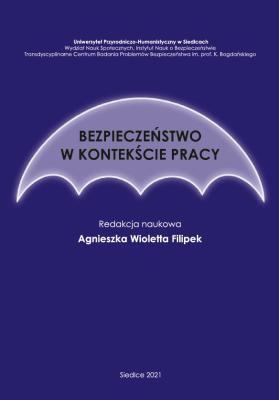Security forecasting methods – methodological, educational, and pragmatic perspectives
Synopsis
Today, the need to conduct research and disseminate the results obtained in the security sciences is a necessity, especially in terms of their practical significance for human, social, and national security, but also in regard to educational dimension. Due to the turbulence and dynamics of change, as well as the multiplicity and new quality of challenges currently revealed in the state security environment, it is necessary to perceive the surrounding reality in a constructive manner and think about the future in a strategic way. Therefore, the authors’ intention and the main purpose of the chapter is to discuss methodological, educational, and pragmatic aspects related to dilemmas in the area of state security, including the use of specific methods, techniques and research tools that guarantee cognition of the object of research in a systematic, objective and reproducible manner. In this context, the use of methods, techniques, and research tools is a dimension of reflection on the essence of the need for security education, i.e. the need to build the potential necessary to take methodically accurate, thoughtful, properly designed, and organized activities for national security in all dimensions. The postulated standard of understanding and teaching security should be friendly and accessible at both the stage of education and in the service/employment positions of security studies graduates. Thus, the essence of education should be, first of all, to effectively convince students to use the acquired knowledge, skills, and competences in the undertaken professional activity and in relation to any entity acting for the benefit of safety.
Downloads
Published
License

This work is licensed under a Creative Commons Attribution-NonCommercial 4.0 International License.





